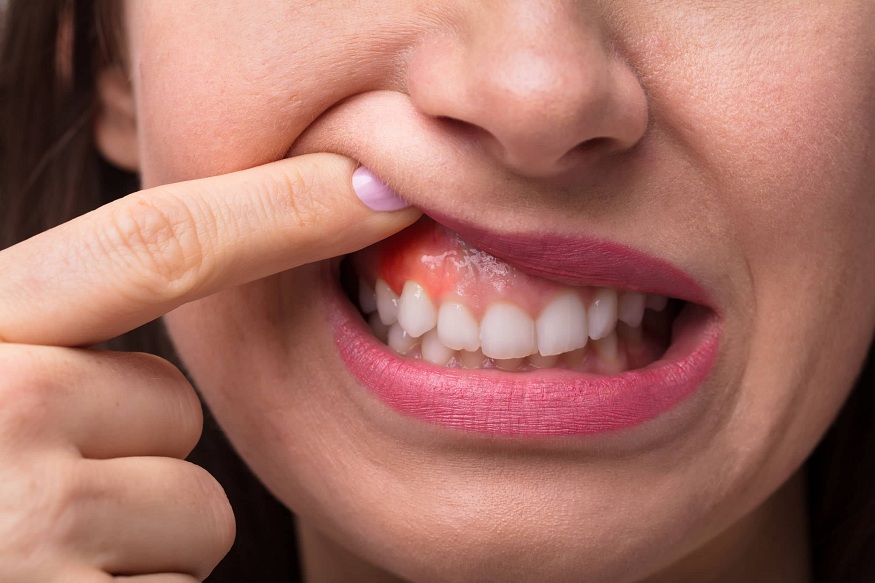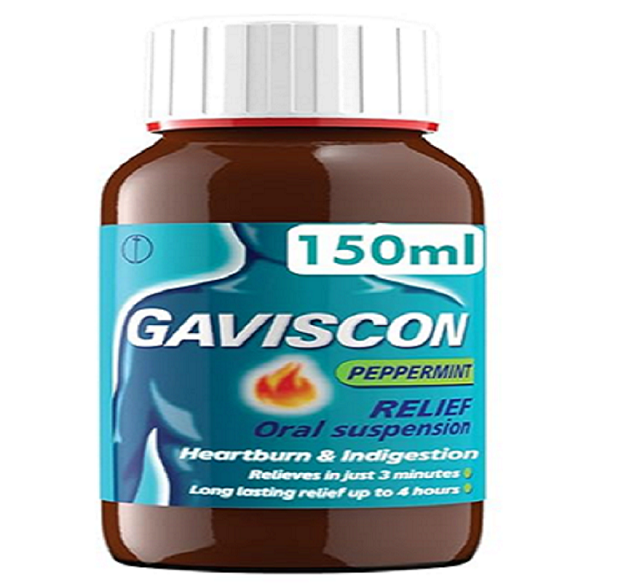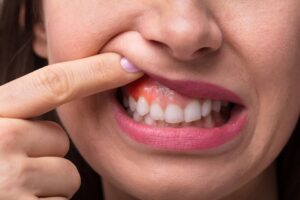How to Relieve Gum Pain
Gum infections can be accompanied by painless symptoms that may seem harmless, such as occasional bleeding of the gums , a change in color or persistent bad breath. It is therefore essential to carefully observe your gums and visit your dentist regularly, before the problem has time to worsen.
However, and even if it is rarer, it also happens to have sore gums. Do your gums hurt when you brush your teeth, eat or drink? If so, it is essential to find the cause of this pain so that it can be treated by your dentist. Discover in this article the different reasons that can explain gum pain and how to relieve it.
Potential Causes of Sore Gums
Gum pain can occur alongside other non-painful symptoms. Occasional bleeding gums, a change in gum color, bad breath, or occasional inflammation of the gums may coincide with your gum pain. Read on to learn more about gum pain, potential causes, and how to identify it based on associated symptoms.
Mouth ulcers
These ulcers located in the mouth can cause severe pain in the gums. They can be caused by stress, damage to oral tissues, or a more general concern such as a weakened immune system or gastrointestinal disease.
A woman points her finger at her irritated gums
Caries
The pain caused by a decayed tooth can spread to the entire affected area, especially the gums.
Cuts or abrasions
Gum pain can sometimes be explained by a simple cut or abrasion. This is frequently the case for wearers of orthodontic appliances, dentures or dental prostheses: poor positioning can irritate the gum tissues and cause gum pain.
Sinus infection
Sinusitis, an inflammation of the sinus membranes that occurs when they are filled with fluid and thus promote the growth of germs, can cause sore gums.
Gum disease
Finally, the vast majority of gum pain is caused by poor oral hygiene, whether due to poor brushing or a lack of regularity. It is indeed recommended to brush your teeth for 2 minutes twice a day.
Poor oral hygiene
Sore gums can also be caused by a gum infection. The most common of these is gingivitis , which can develop into periodontitis , a more serious infection if not treated by your dentist in time that can lead to tooth loss.
Woman holding her cheek
How to relieve sore gums?
Sore gums have many causes, but fortunately, there are some tips that can help you relieve gum pain. These may include:
Make an appointment with your dentist
Only your dentist will be able to give you a real professional diagnosis and prescribe appropriate treatment if necessary. Don’t skip an annual consultation, it is essential to prevent possible more serious problems.
Maintain good oral hygiene
Choosing a toothpaste and toothbrush specifically designed to address gum problems can help reduce your gum pain. Thanks to its antibacterial action on dental plaque via the presence of Chlorhexidine, Parogencyl Intensive Gum Care toothpaste can help limit occasional gum bleeding and help prevent occasional gum inflammation. It is also recommended to use interdental sticks, interdental brushes and Parogencyl Intensive Gum Care mouthwash .
A person applying toothpaste to a toothbrush
Sore Gums: How to Relieve Gum Pain? (dental)
Apply cold to the painful area
For short-term pain relief, drinking cool water and applying ice cubes to the swollen area can be effective methods of reducing discomfort, and may even help temporarily reduce swelling.
Take an anti-inflammatory recommended by your dentist
Taking an anti-inflammatory medication is also an option for immediate relief, reducing the swelling of the inflamed area. But be careful! Any medication must be prescribed by your dentist.
It is also worth noting that smoking, poor nutrition, diabetes, hormonal changes, stress or simply getting older are all factors that can cause gum pain. 1 However, it is important to keep in mind that occasional bleeding of the gums is often painless: this does not mean that it is not necessary to make an appointment with your dentist. On the contrary, it is best to consult at the first symptoms, even if they are not painful, in order to prevent any more serious gum problems in advance.














Post Comment
You must be logged in to post a comment.